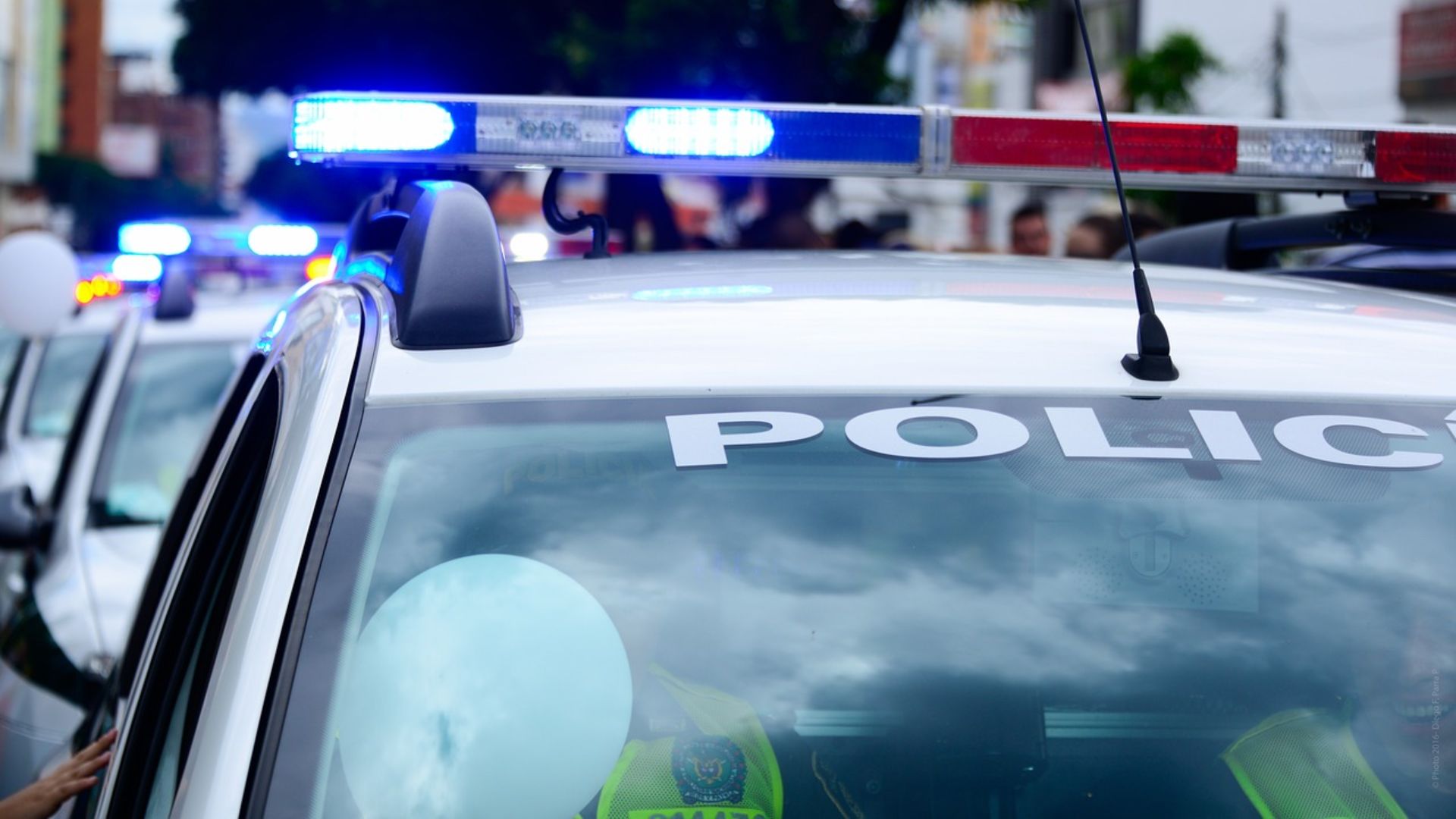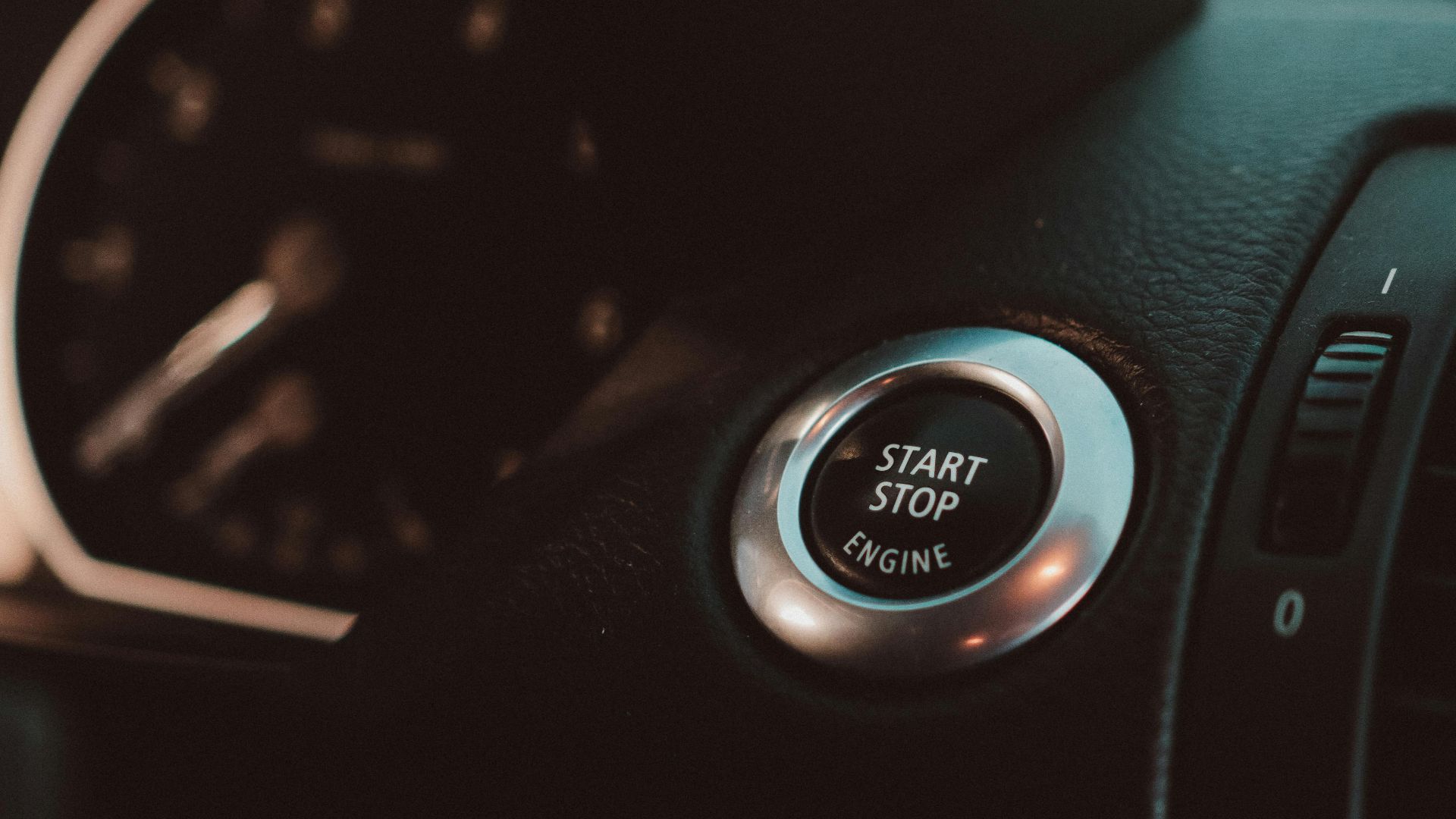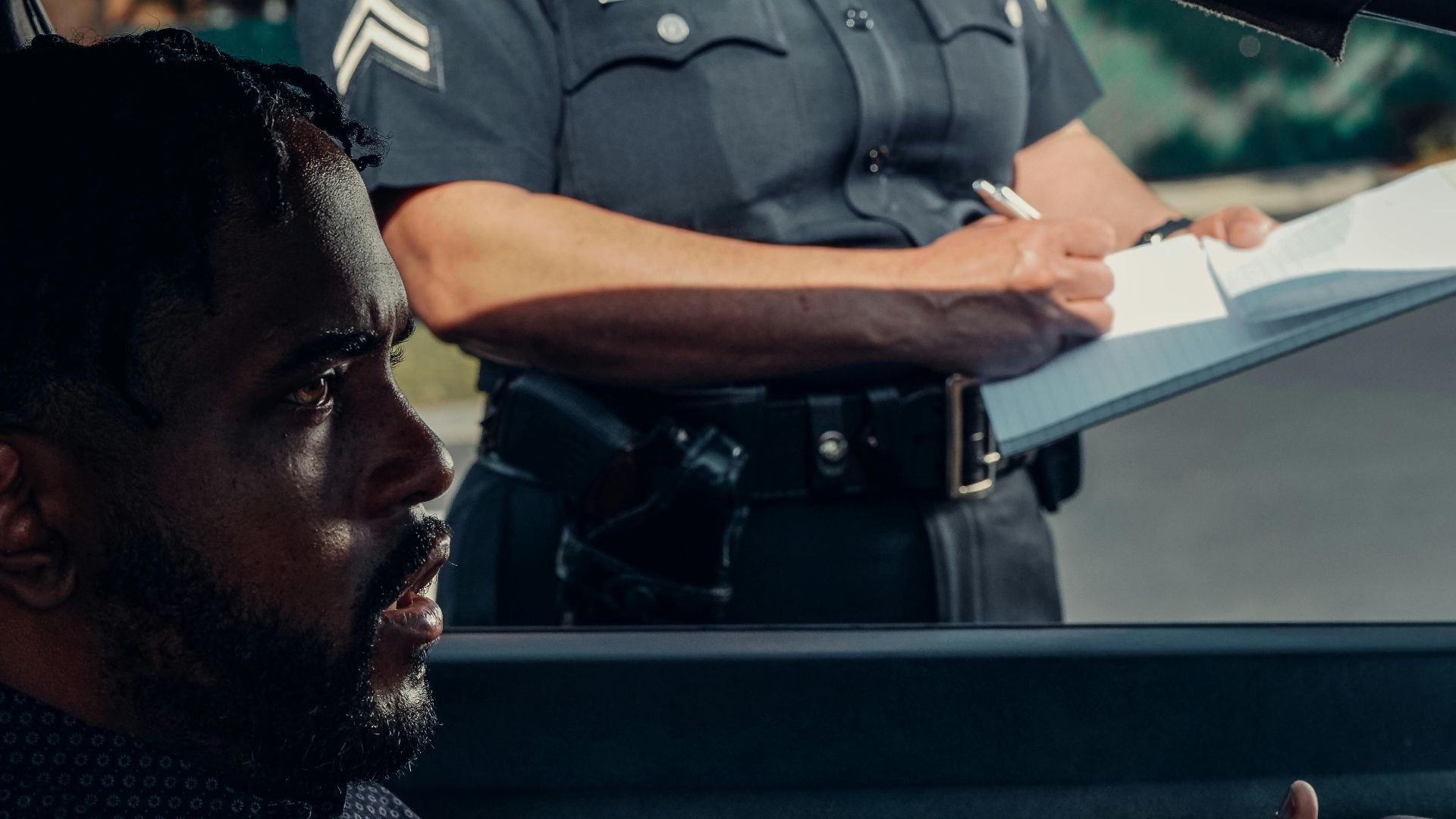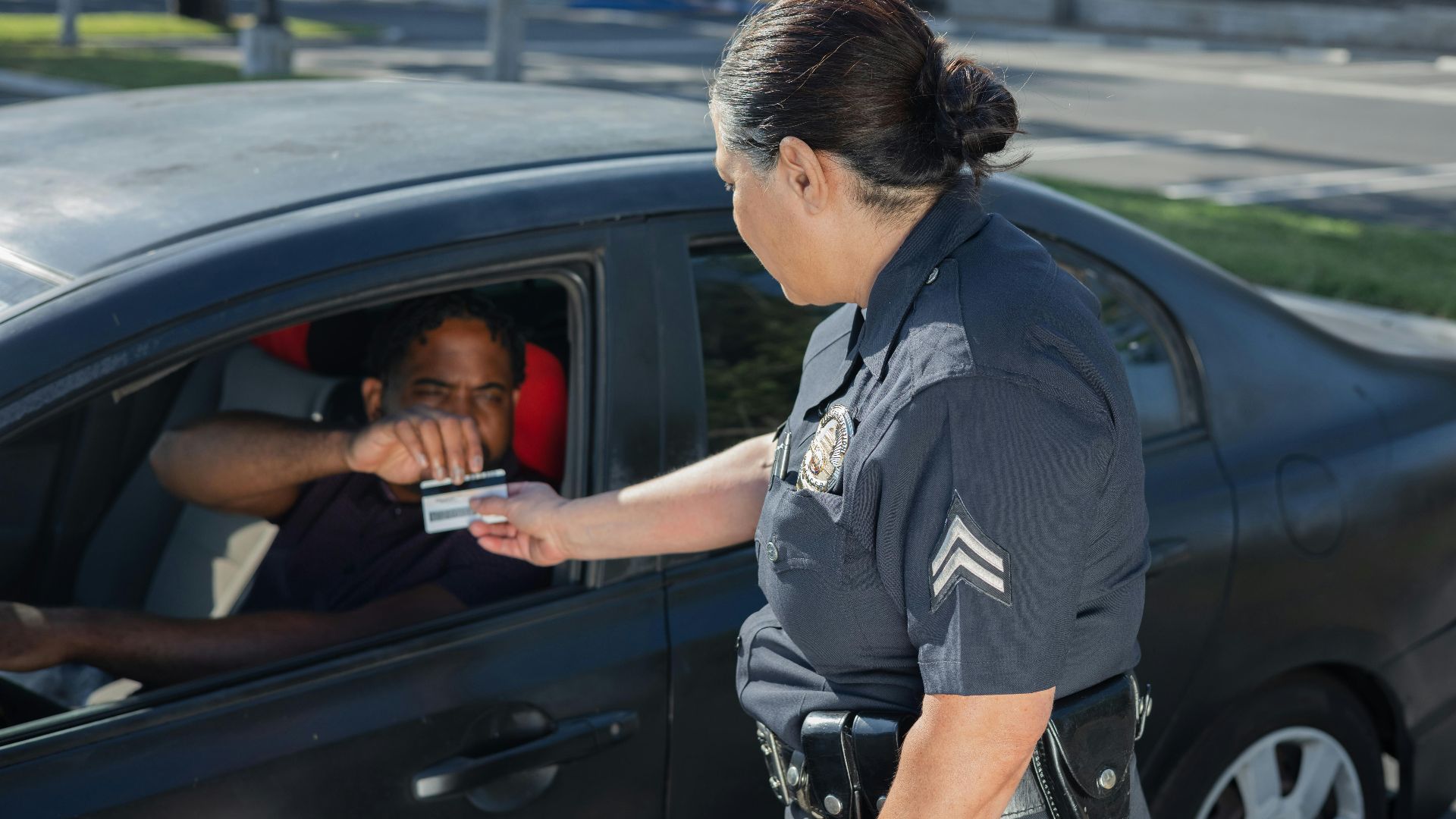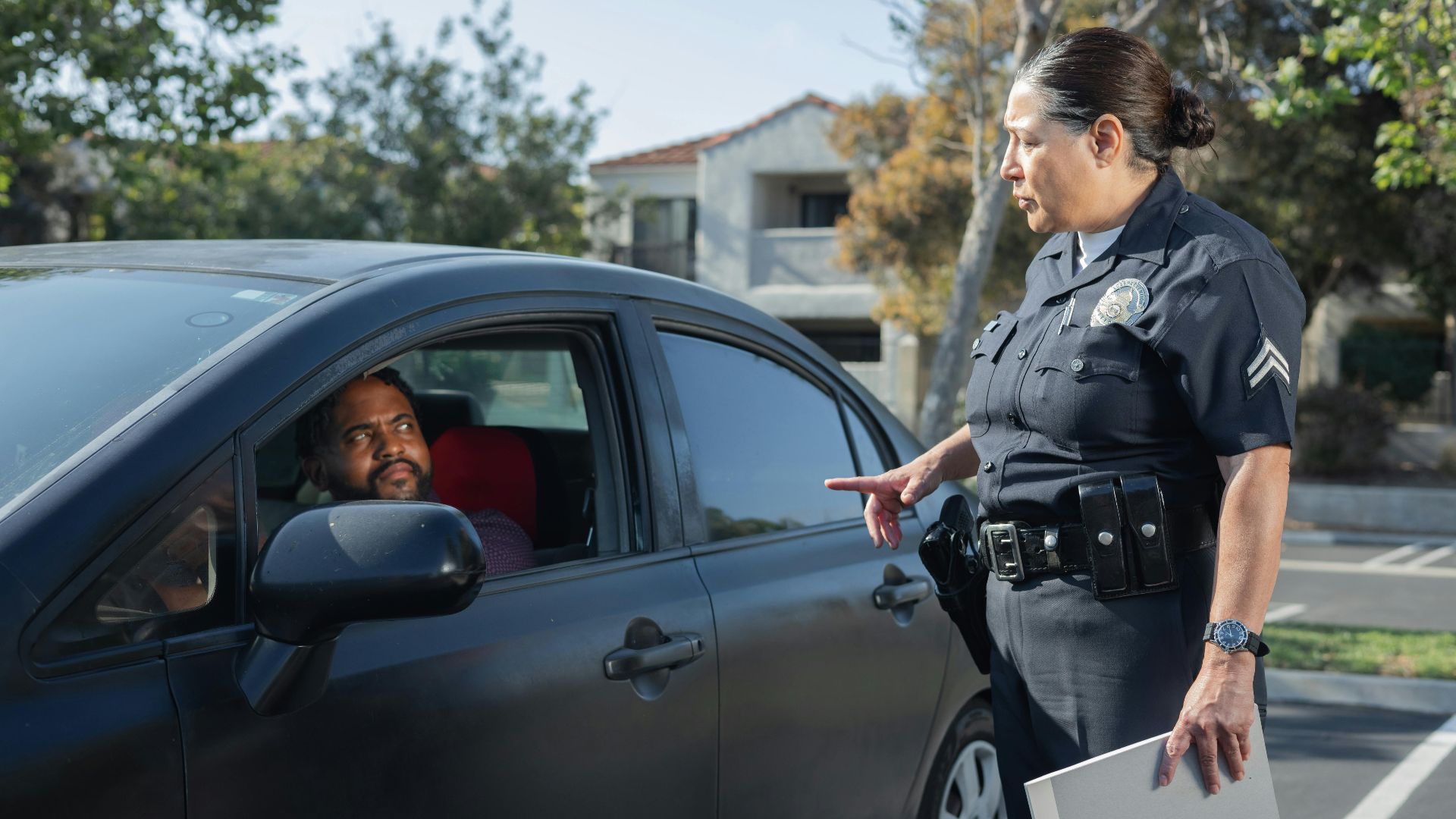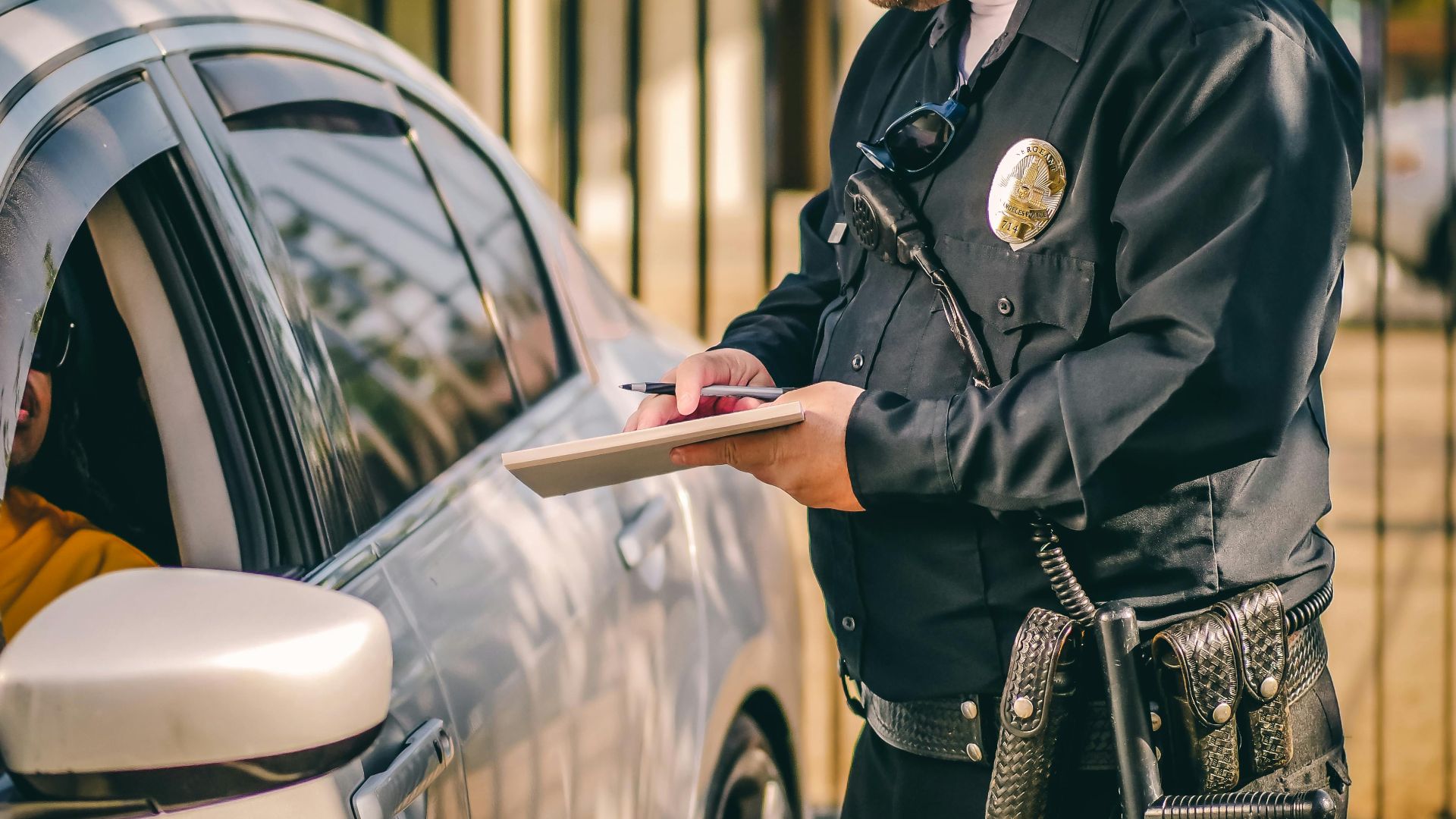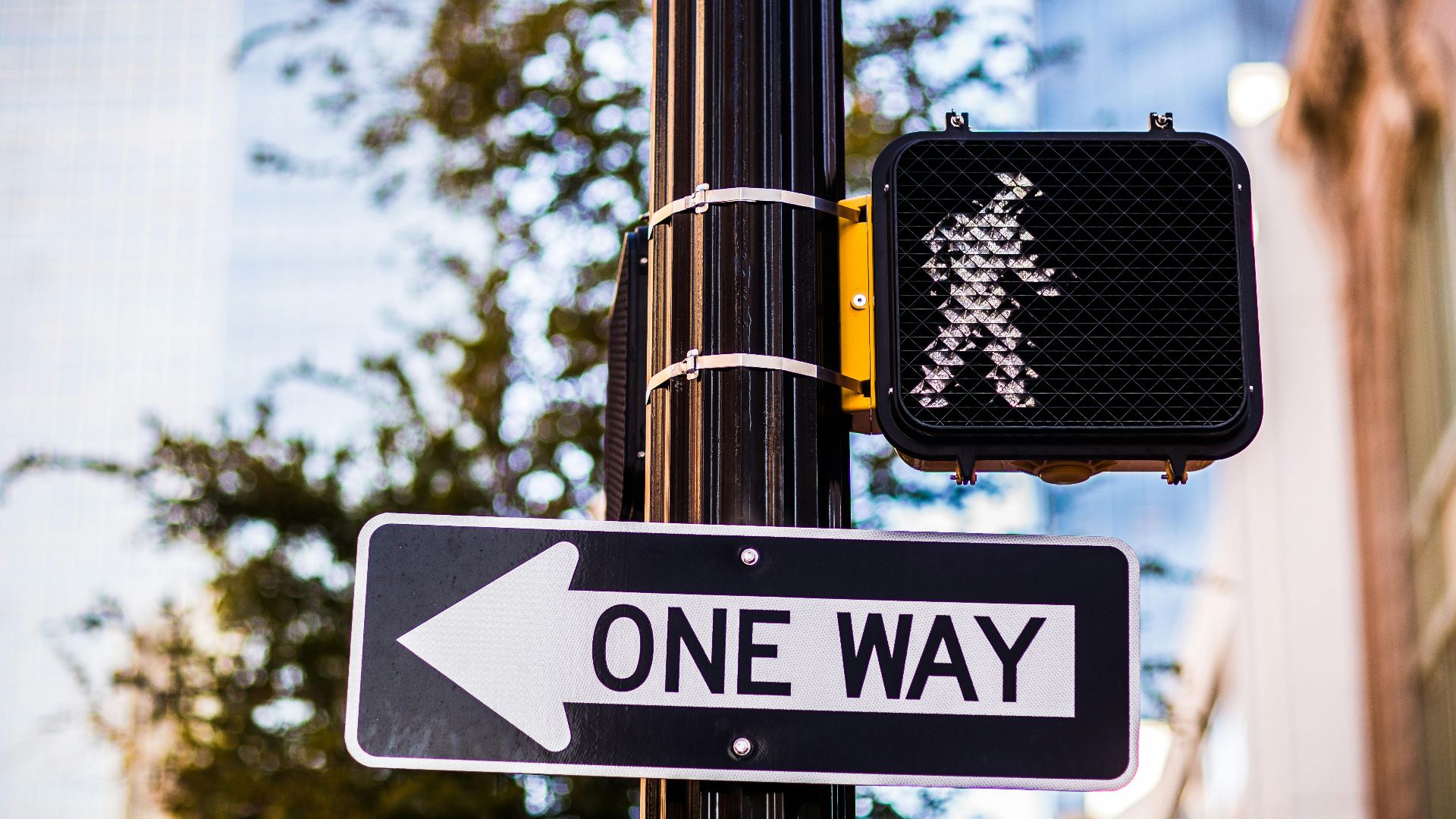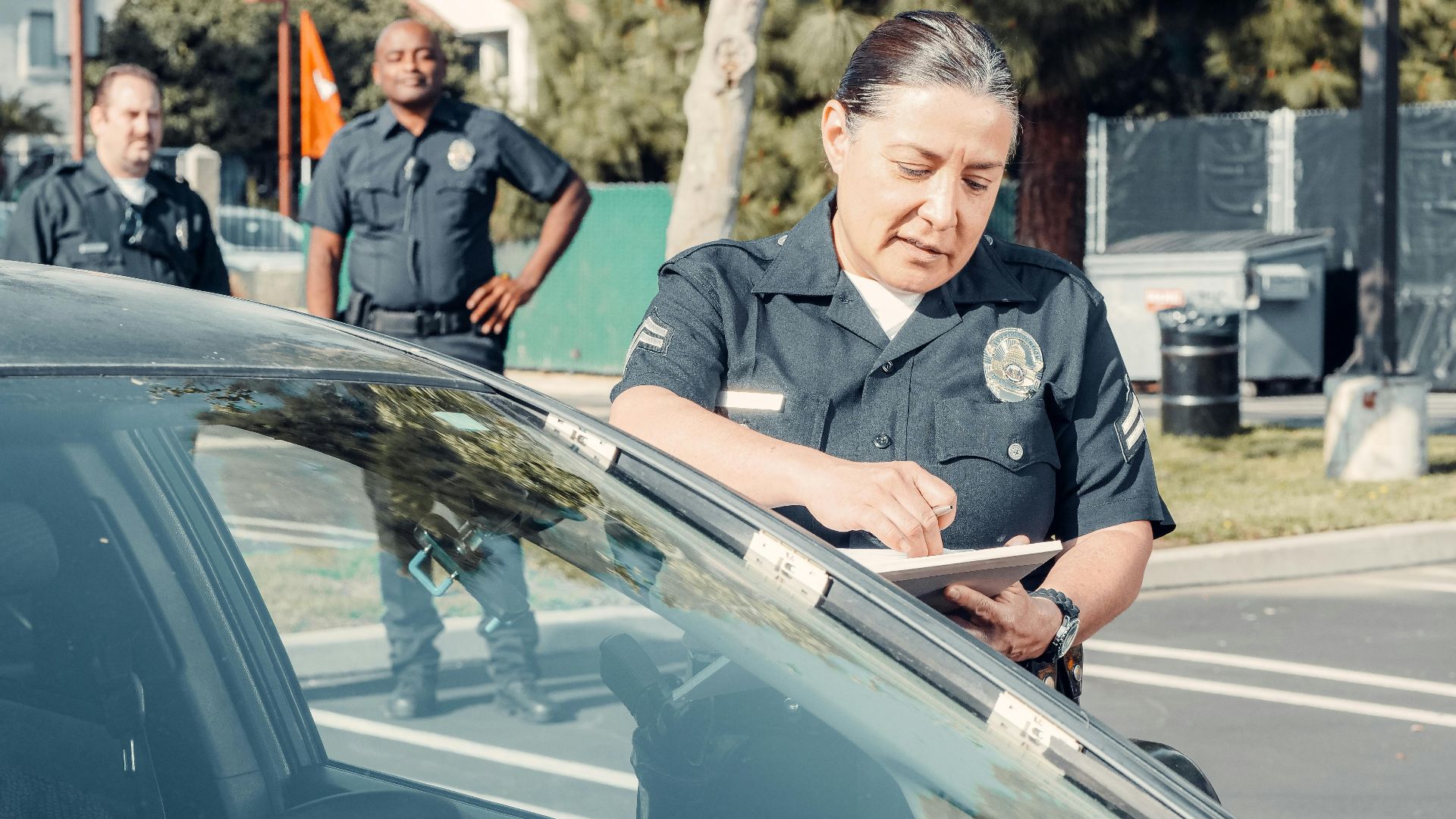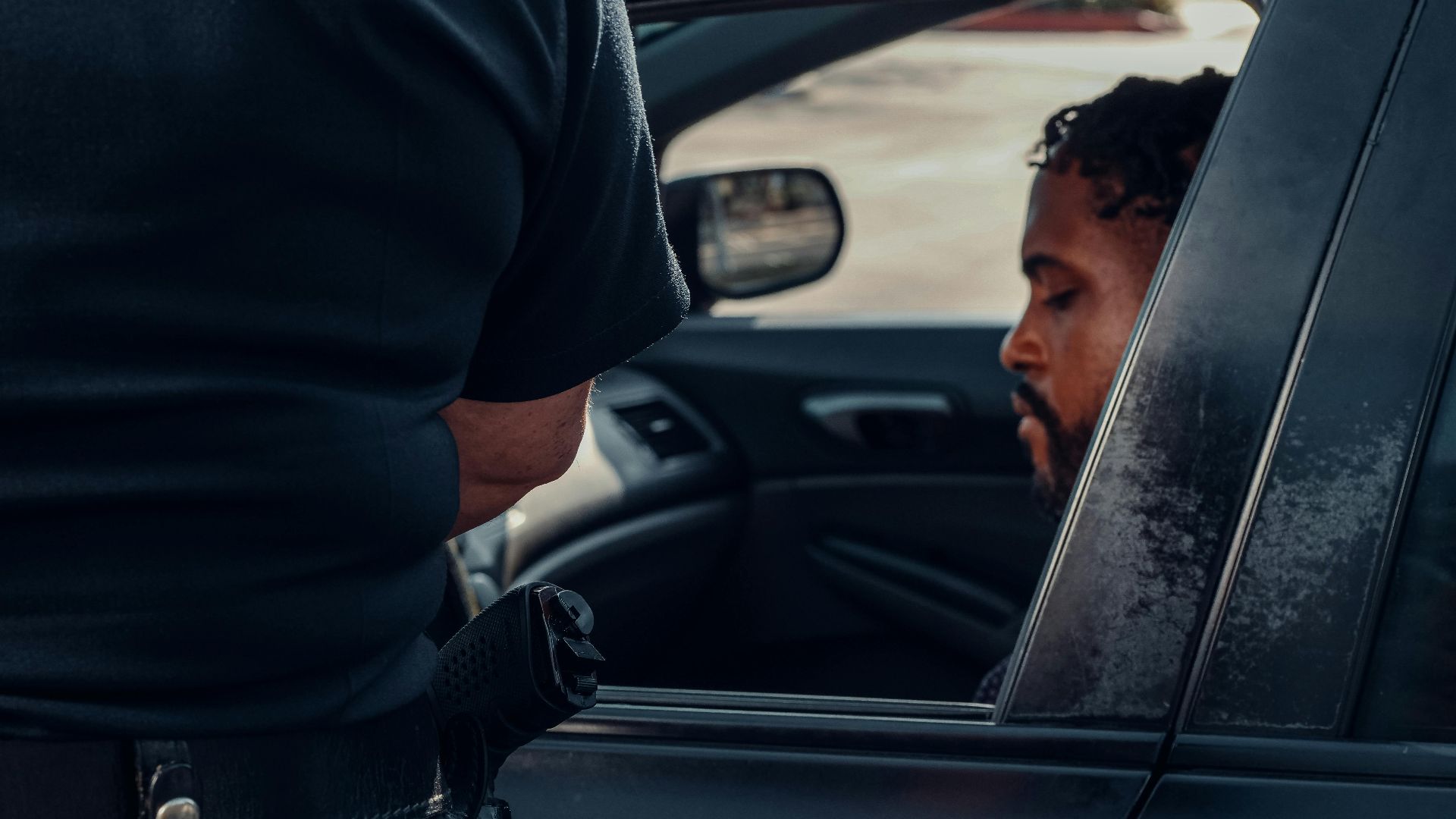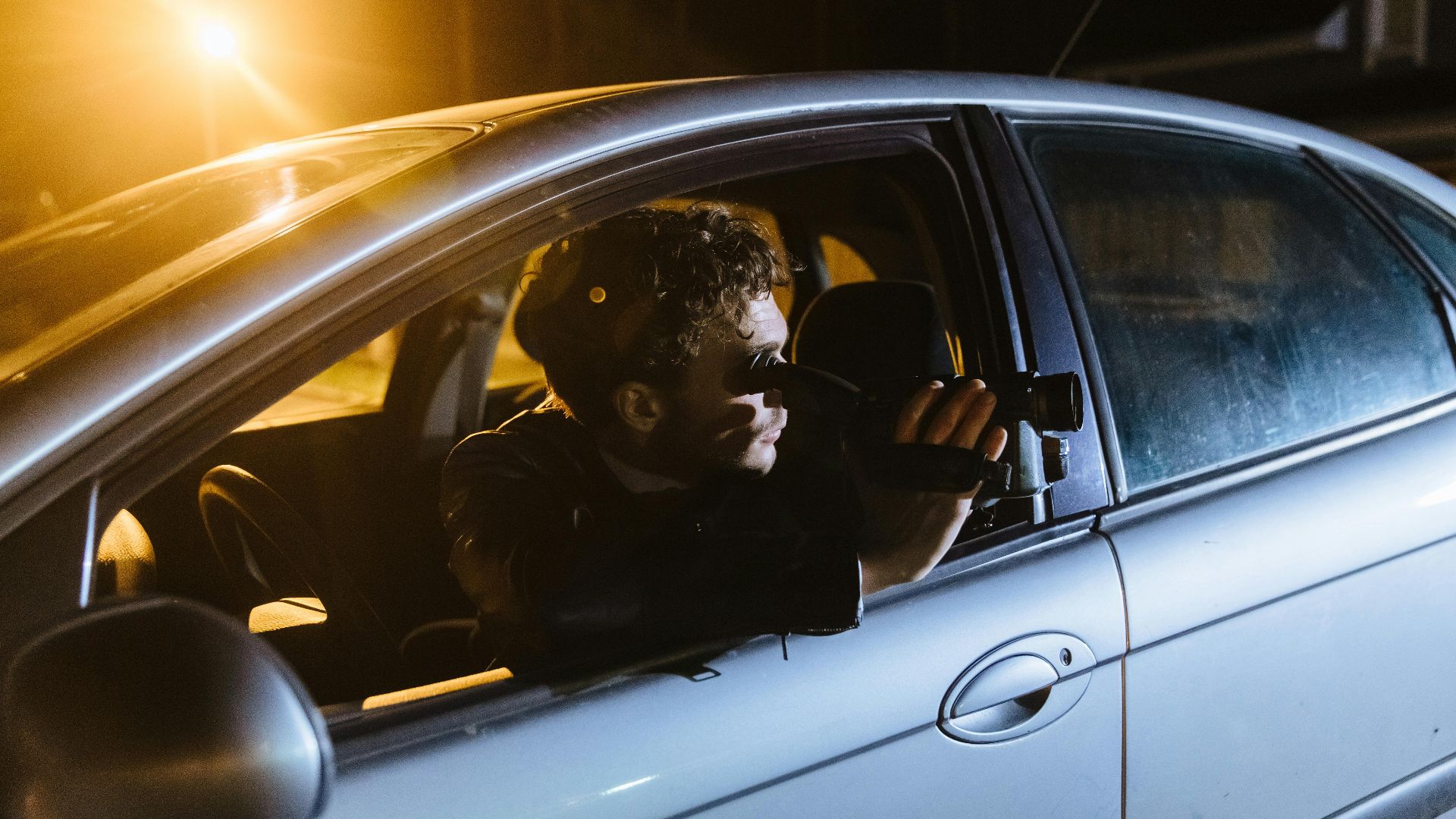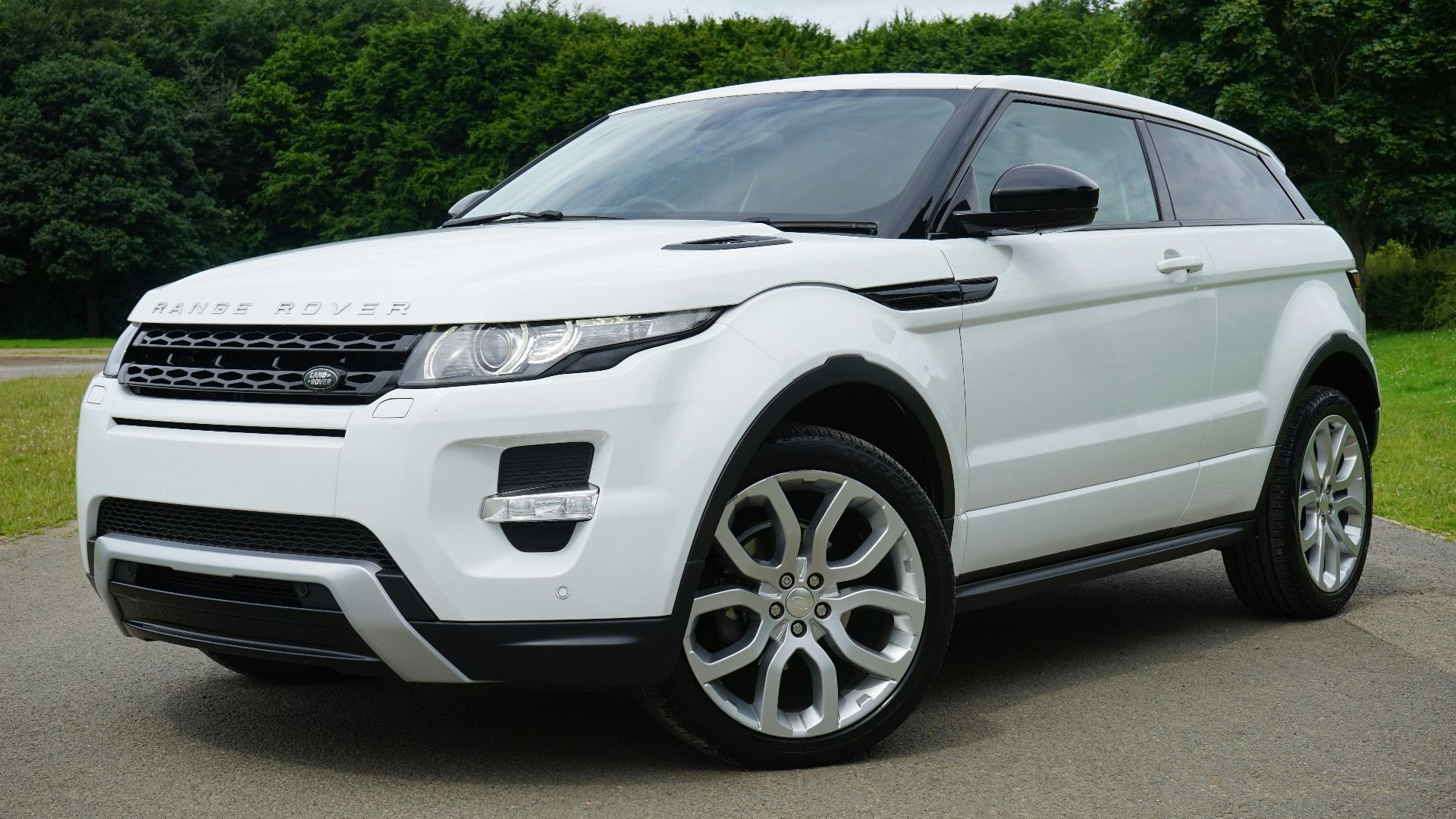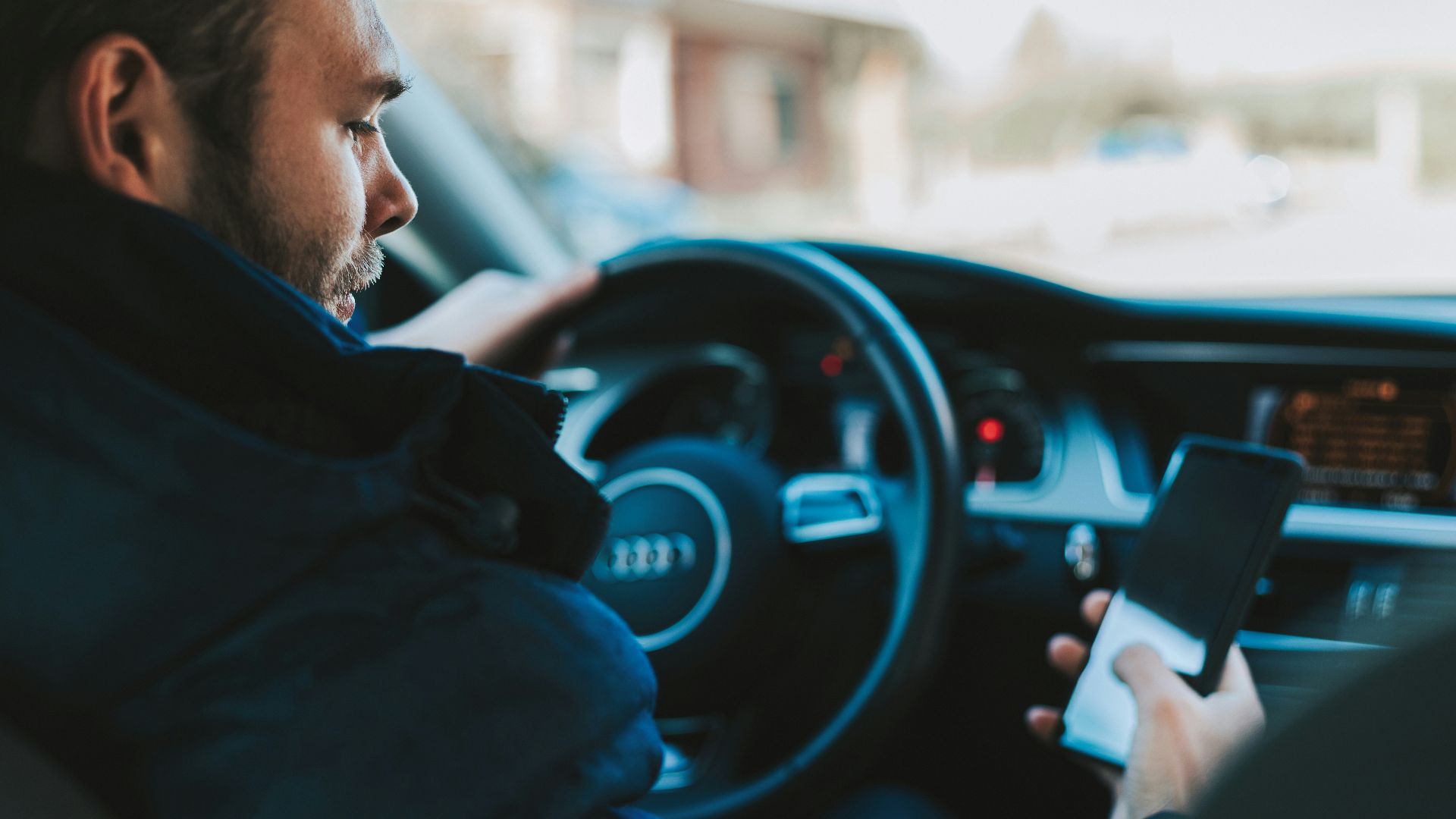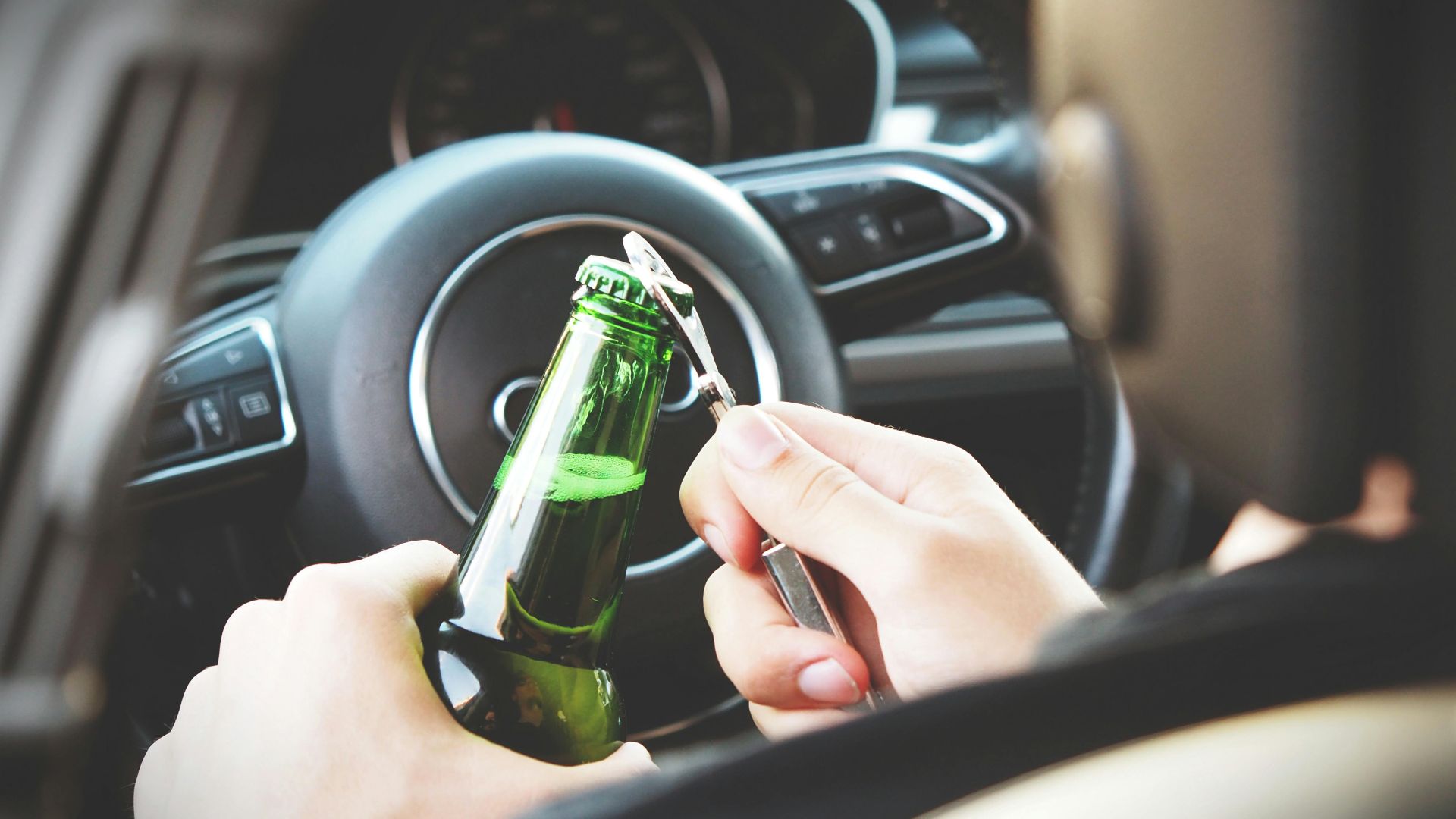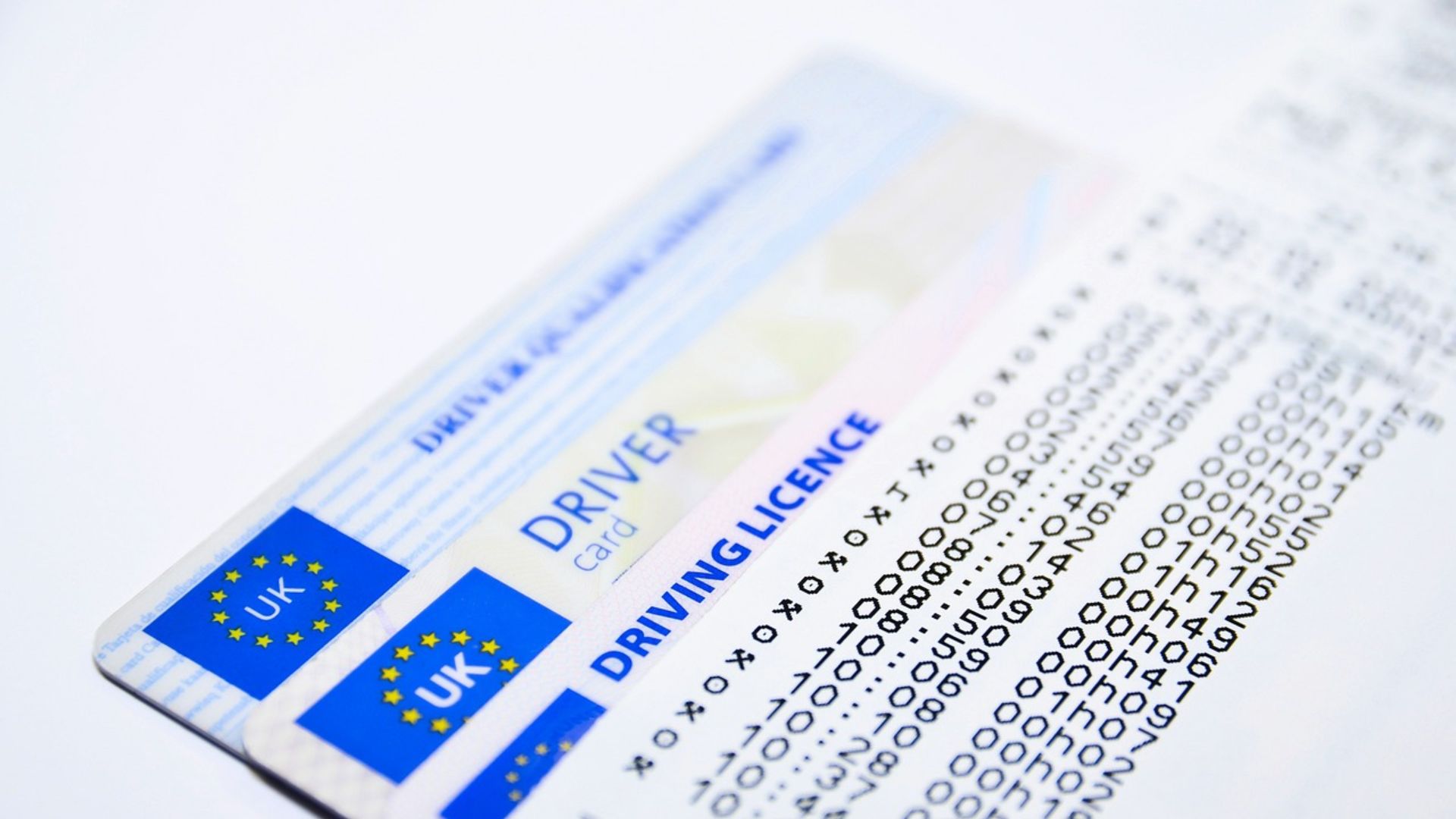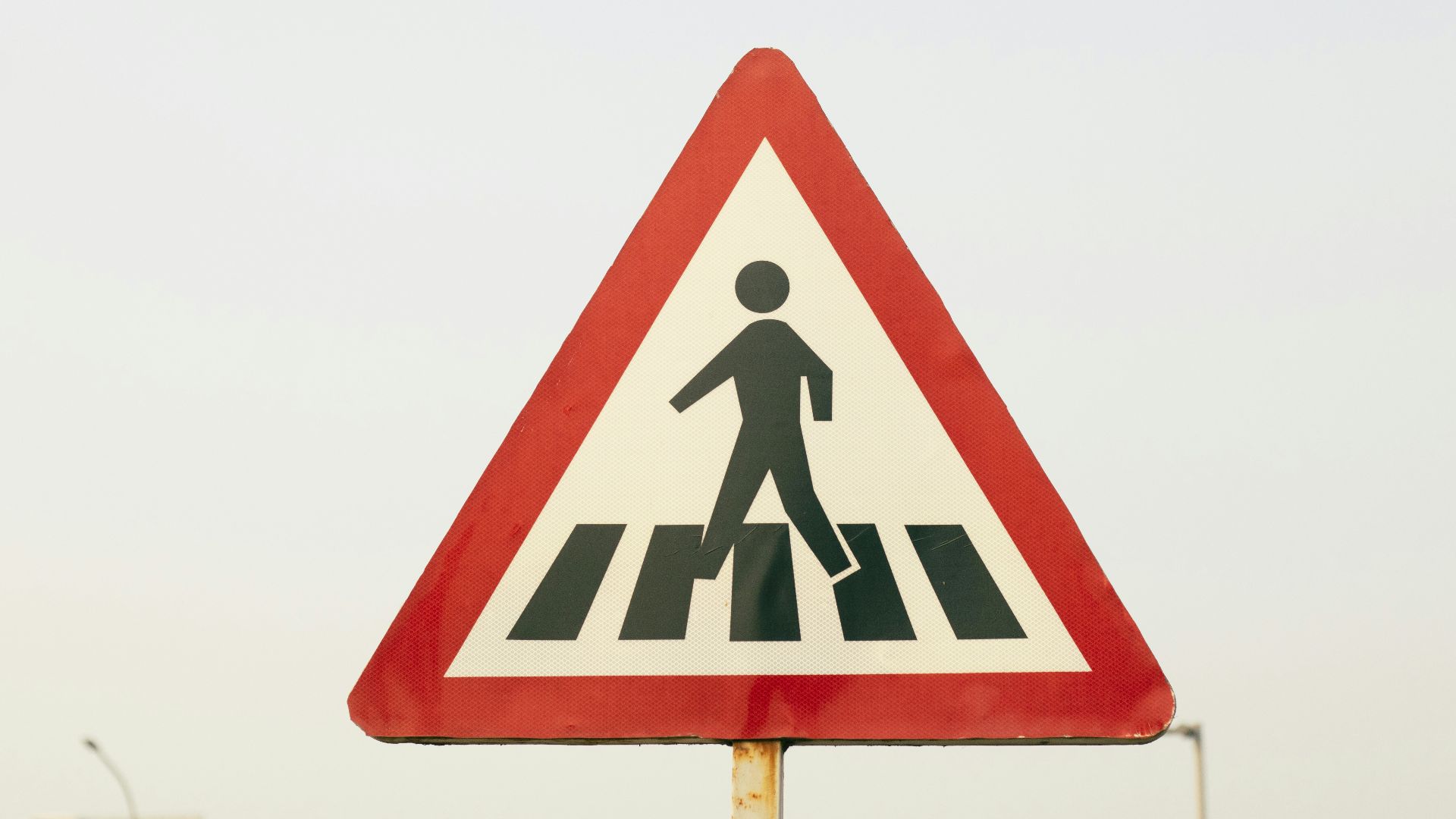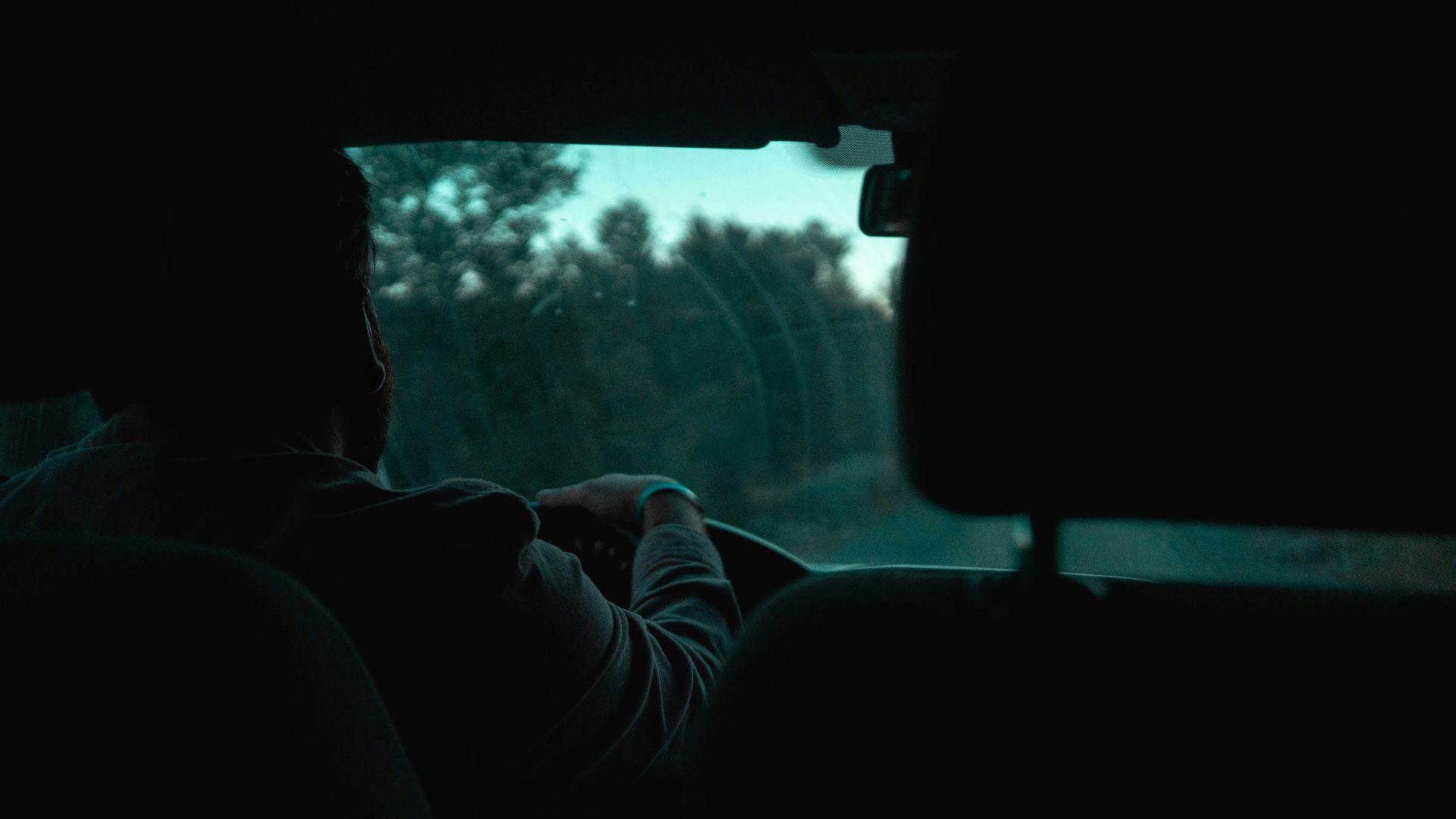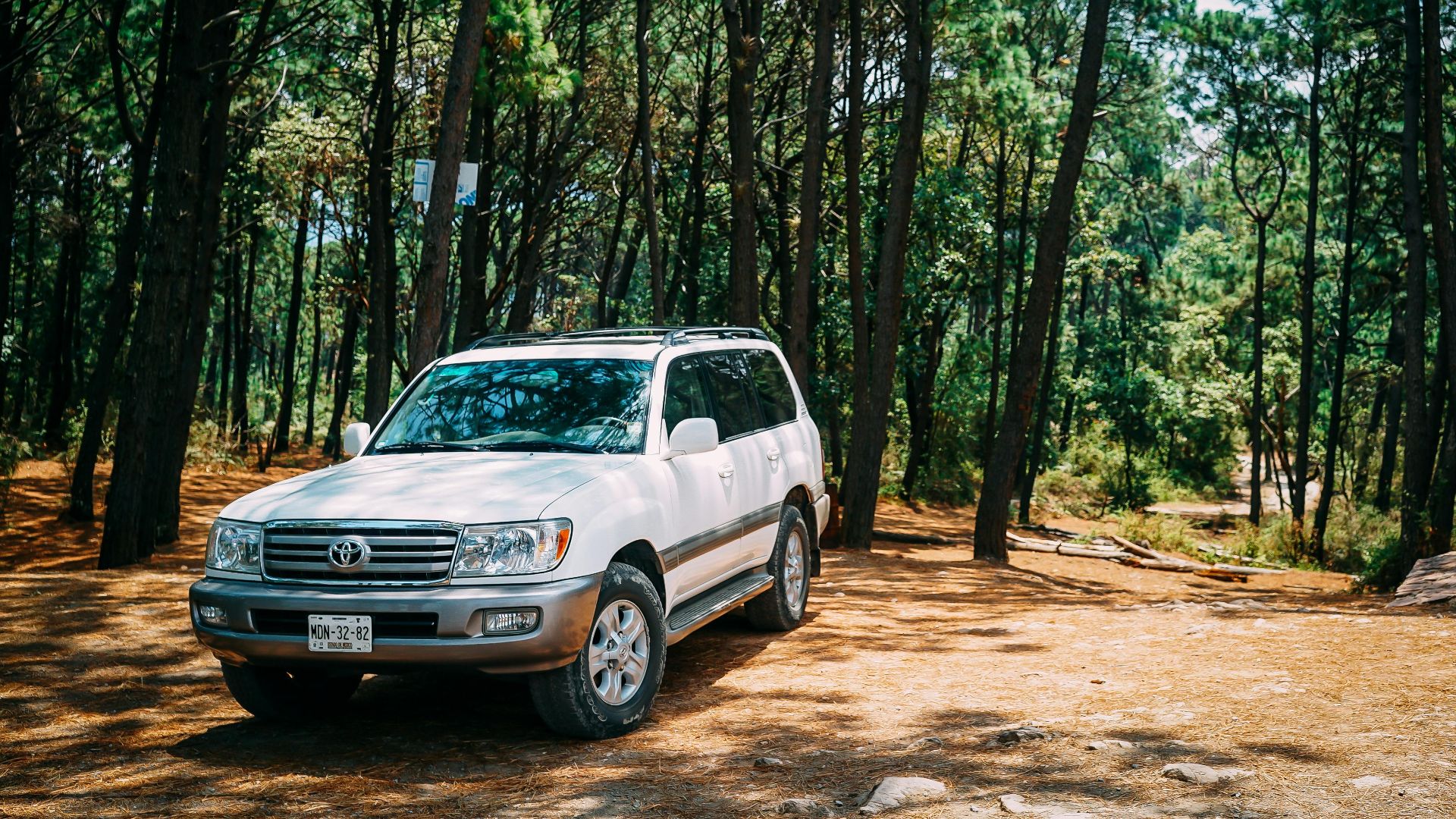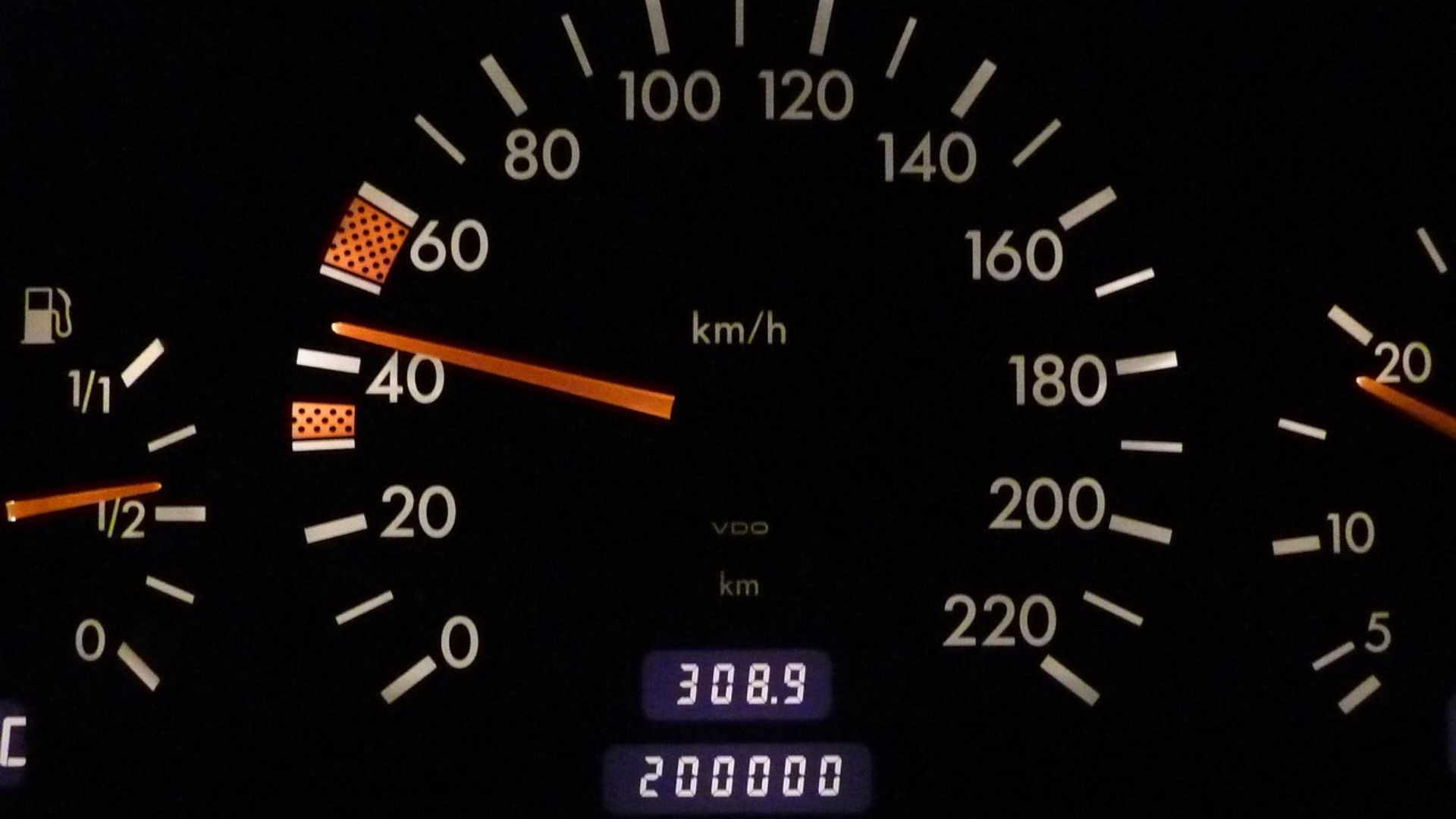You Got Pulled Over—Now What?
You're driving to work or home when you suddenly hear the dreaded police siren and flash of lights behind you. Now what? Whether you've been stopped by law enforcement before or not, there are key things you need to do—and remember—when it happens. Stay calm at all costs. Here are 10 things to do if you get pulled over and 10 ways to avoid getting into that situation.
1. Signal & Pull Over Safely
When you see a police car flashing its lights at you or you hear a siren, the first thing you should do is signal your intention. Slow down, find a safe place to pull over to the side of the road, out of the stream of traffic, then park your car.
2. Shut Off Your Engine
Once you've safely parked, roll down your window and turn off your ignition. This will let the officer know that you won't make any sudden movements or try to escape interrogation.
3. Stay Calm
Whether you've been in this situation or not, it will be nerve-wracking to speak to a police officer who has pulled you over. Stay calm and take a deep breath in. There is usually a good and valid reason why you've been stopped. Remember to remain polite and respectful when speaking with the officer.
4. Have Your Documents Ready
You will likely be asked to present your license, registration, and insurance when the officer arrives at the side of your car. While you can reach for these documents once they're requested, it may be better to have them ready beforehand and placed in your lap, as searching your glovebox for them may be misinterpreted and seen as suspicious.
5. Remain Seated
Stay seated while waiting for the officer to come and during the entire time you're being questioned. It's also important to stay patient. Sometimes you may be pulled over and the officer may not immediately come out of their vehicle.
6. Stay Inside Your Car
Stay inside your vehicle unless you're asked to step out of it. However, you don't need to exit your car unless the officer has a valid reason for you to do so—for example, when they suspect you may be driving under the influence. You can also ask why.
7. Know the Traffic Laws
As a driver on the road, you need to know—and obey—all the traffic rules and laws. If an officer asks you a question about these regulations, you should know the answer to them. You should also know your rights as well on what an officer can or cannot do, as different states and regions have their own laws.
8. Officers Cannot Search Your Vehicle
Similarly to being asked to exit your vehicle, an officer cannot search your vehicle without a valid reason to do so. Usually, it's because they suspect you may have illegal substances or weapons in your car. However, they may sometimes require a warrant if they don't have probable cause.
9. You Have the Right to Remain Silent
If an officer starts asking you incriminating questions, you don't have to respond to them. With simple identification questions, keep your answers short and to the point. If you have passengers in the car with you, they don't have to present their IDs or answer anything, provided there's no valid reason to do so.
10. You Can Record
If at any time during the situation you feel uncomfortable or unfairly targeted, you can record the encounter. This will especially help if you have someone else in the car with you. Make sure you note down other details, like where and why you were pulled over, and the officer's name and badge number.
Now that you know what to do when you're pulled over, let's jump into the 10 ways you can avoid getting into this situation.
1. Obey All Traffic Laws
This should go without saying, but the most important thing you should always remember on the road is to obey all traffic rules. This means no speeding, weaving in and out of lanes, misusing (or not using at all) your signals, tailgating, or running red lights. As long as you don't do illegal or suspicious activity, you can avoid an encounter with an officer.
2. Keep Your Car Well-Maintained
It's also crucial you keep your car regularly maintained. This means making sure all your lights are working properly and that your car doesn't have missing parts. A broken window or a loud exhaust can immediately put you on an officer's radar.
3. Do Not Drive Distracted
Driving distracted will not only kill or injure you, but the people inside your vehicle and other road users. Phones are one of the most common causes of distracted driving, as with eating and drinking. When you're driving, keep both hands on the steering wheel and your eyes on the road.
4. Do Not Drink and Drive
This is another point that should go without saying. If you have been drinking or you will be drinking, do not get into the driver's seat. Arrange for a ride home or stay at a friend's place and get home safely in the morning. Even if you think you're not affected enough to cause an incident, if you drive drunk, you put the lives of others and yourself at risk.
5. Ensure Your Documents Are Up to Date
Make sure your driver's license, vehicle registration, and car insurance are all up to date. This includes your license plate as well, especially if validity dates are visible on it. Failing to keep your documents updated makes it more likely for police to pull you over.
6. Know Your Surroundings
When you're driving in special zones like around schools or construction, make sure you understand the traffic rules and stay aware of your surroundings. Speeding in these zones or making illegal maneuvers could result in you getting a ticket.
7. Avoid Driving During Certain Times
Sometimes, you just have to play it smart. If you're driving early in the morning or late at night, there may be certain intervals where traffic is less busy and officers are more alert. While you might not be able to avoid certain times completely, especially if you're driving to work, just remember to stay vigilant and keep to the rules.
8. Don't Go Overboard Tinting Your Windows
Depending on your country, state, and region, there may be different laws regulating how much—and where—you can tint your windows. If you disobey these rules and tint your windows too dark, it may raise suspicion.
9. Keep Your Car Neat & Discreet
You should also ensure your car stays clean, neat, and discreet. You want to avoid standing out on the road, so don't tack on offensive signs, wraps, or bumper stickers, or modify your car in dramatic or drastic ways.
10. Don't Drive Too Slow
While you want to avoid speeding at all costs, you also don't want to be driving too slow. Driving too slowly may impede traffic, causing other road users to engage in aggressive maneuvers to go around you. An officer may also suspect you are under the influence.


